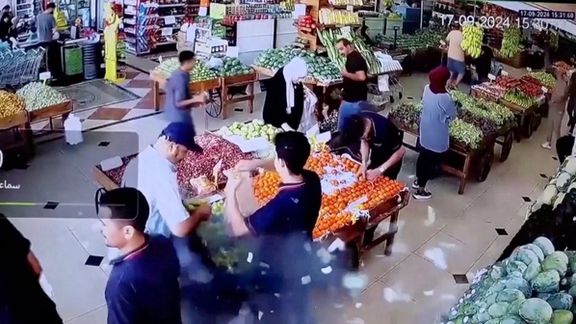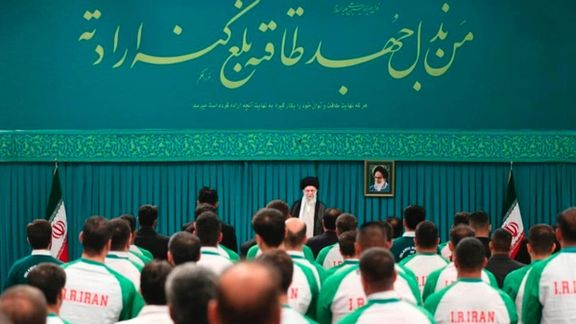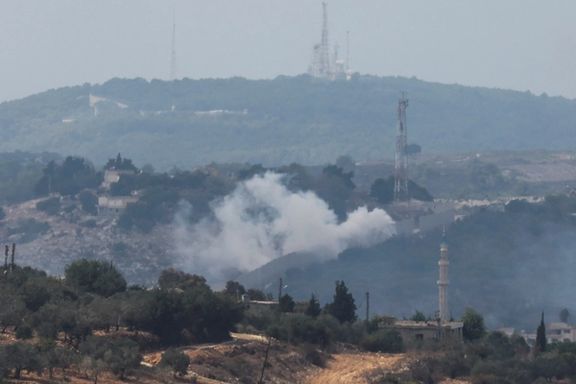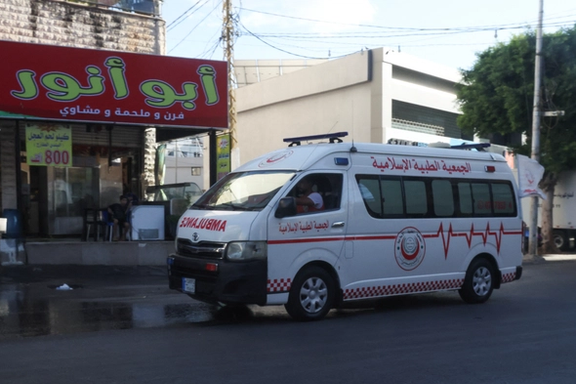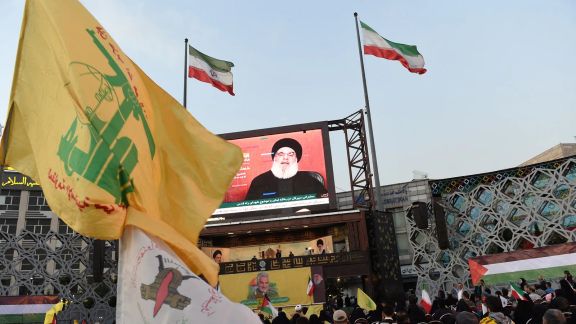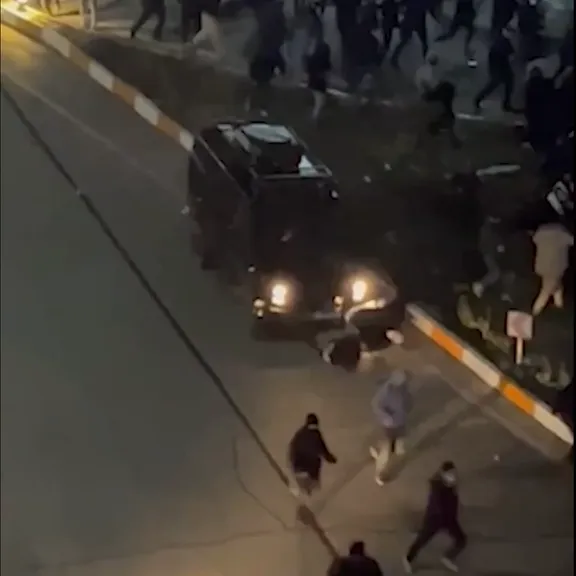One of the senior officials of Hezbollah described this incident as the largest security infiltration by Israel since the establishment of Hezbollah. This operation once again demonstrates Israel's technological, intelligence, and operational superiority over the Islamic Republic and its proxy groups.
In this operation, Israel showcased its technological advantage by infiltrating Hezbollah's communication systems, and this also highlighted Israel's superiority in intelligence operations.
Furthermore, Israel was able to convert this technological and intelligence advantage into operational superiority, targeting several thousand Hezbollah members in a complex operation.
The psychological impact of this operation, which represented a form of humiliation for Hezbollah, is far more significant than its operational aspect. This operation bolstered the confidence of Israeli intelligence agencies, which had been called into question following Hamas's attack on October 7.
On the other hand, it damaged the morale of Hezbollah forces, showing that their intelligence and security structures are vulnerable and permeable.
In recent months, Israel demonstrated its technological, intelligence, and operational superiority by targeting Ismail Haniyeh, the leader of Hamas, in Tehran. That operation was carried out under highly sensitive security conditions during one of the most protected events, namely the inauguration of a new president in Iran on July 31.
A similar pattern was observed in the assassination of Mohammad Reza Zahedi, a senior IRGC commander in Syria and Lebanon, where an Israeli F-35 aircraft precisely targeted Zahedi's residence with a missile fired from the Golan Heights, killing him along with several other IRGC commanders in April.
Before this, Israel had assassinated Mohsen Fakhrizadeh in November 2020, who was responsible for the Islamic Republic's military nuclear program, reportedly using a remote-controlled machine gun.
In contrast, the Islamic Republic and its proxy groups largely rely on mass missile and drone attacks against Israel. Recent examples include Iran's failed April 13 attack on Israel, Hezbollah's rocket and drone strikes on northern Israel in recent months, and recent missile attacks by Iran-backed Yemeni Houthis, which generally lack precision.
In fact, the Islamic Republic and its proxy groups have so far been unable to directly access and assassinate Israeli commanders and officials.
In the latest case, Israel announced that it had thwarted Hezbollah's attempt to assassinate Avi Kohavi, the former head of the Israeli army.
Another important point regarding the recent Israeli operation and the explosion of Hezbollah members' pagers is that Mojtaba Amani, the Iranian ambassador in Beirut, was also among the injured in this incident. This highlights the close relations between Hezbollah and the Islamic Republic's ambassador, which have existed since Hezbollah's founding and are not particularly hidden.
Two other significant aspects of this Israeli operation, especially concerning the injury of the Iranian ambassador, are noteworthy.
First, it reflects Benjamin Netanyahu and Israeli intelligence's determination to confront Hezbollah and the Islamic Republic. Second, the Islamic Republic is under increased pressure from its supporters to respond to Israel following the injury of its ambassador, especially since it has yet to respond to Haniyeh's assassination in Tehran.
In the two months since Haniyeh's killing, IRGC commanders have continuously spoken of a hard revenge, but their supporters so far have only heard promises.
Now that the Iranian ambassador in Beirut has also been injured, pressure on the IRGC has intensified. Israel continues its attacks, while IRGC commanders have limited themselves to ineffective speeches.
Finally, this Israeli operation against Hezbollah members complicates the situation for the Biden administration.
The Biden government is consistently trying to prevent an all-out war between Hezbollah and Israel and does not want to witness the outbreak of such a war just 50 days before the U.S. elections, potentially involving the US in this conflict.
However, Netanyahu seems unconcerned about Biden's considerations and continues to advance his actions against the Islamic Republic and Hezbollah. In this context, the US State Department quickly responded, stating it was unaware of this operation and urged the Islamic Republic to avoid escalating tensions in the region.
